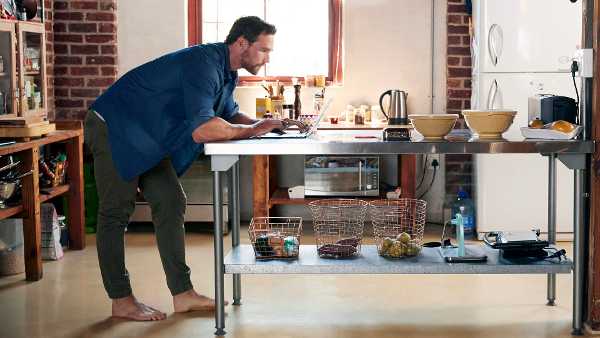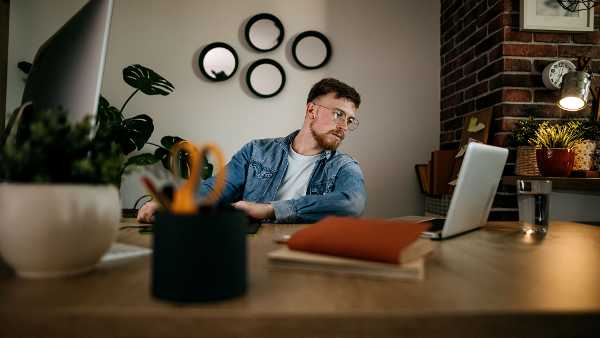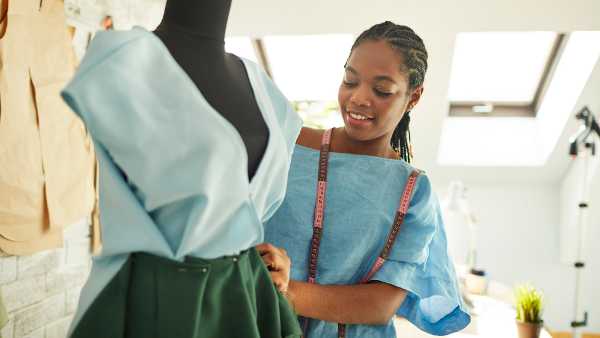Getting started as an independent photographer
- Henk Herkink
- 29 April 2021
- Edited 3 June 2025
- 2 min
- Starting
If you want to get started as an independent photographer, there are a number of things you need to arange. What about copyright and portrait rights? And can you make photos using a drone? Read what you have to deal with when you start out as a photographer.
What do you need to arrange when starting a business?
Answer the questions on Business.gov.nl and see the steps that are important in your situation.
For all starting entrepreneurs: if you start your own business, you need to think about a company name, administration and insurance. You also have to register your business with the Chamber of Commerce KVK. In this article, you will read which topics are specifically important for photographers:
Number of photographers
There were more than 26,000 photographers registered in the KVK Business Register on 1 January 2025. The number of independent photographers continues to grow (in Dutch). Some 2,500 are added every year. Use the KVK Company Counter to check how many other photographers in your area are.
Hourly rate
Determining your hourly rate as a photographer is an important step. What the right hourly rate is for you depends on your experience, brand awareness, business expenses, taxes, the income you need, and number of assignments. Are you working for a business or private client? Especially for private clients, it is advisable to make a total price including VAT, travel expenses and travel time.
VAT rates
As a photographer, you have to deal with different VAT rates. Do you shoot photos for a client and supply them printed or digitally? Then you have to pay the high VAT rate of 21%. Do you take photos for a customer and deliver them in the form of a photo album? Then you pay the low VAT rate of 9%.
Laws and regulations
The main rights and obligations you need to consider as a photographer are:
Copyright
As a photographer, you automatically have copyright on all your photos. This means that you decide what happens to a photo. If someone wants to use your photo, they must have your permission.
Portrait rights
Portrait rights mean that sometimes you can only publish a photo with the permission of the person in the photo. It is useful if the person you are photographing signs an agreement which includes giving you portrait rights.
Taking photographs with a drone
You can use a drone to take aerial photographs, but this is subject to a number of rules. These rules relate to where you are allowed to fly and whether you need to have a licence to fly. In addition, you have to register in the European drone register.
Video: Suzan Alberts on entrepreneurship
For English subtitles, click settings and choose Engels.
GDPR
As an entrepreneur, you have to deal with the privacy law General Data Protection Regulation (GDPR). This sets out the obligations you have when processing personal data. These include your customers' name, address details and telephone numbers, but also photos of customers.
A customer can ask to see this data. Put this in a privacy statement that you can send to your client. This is important because, as a photographer, you can offer your clients to keep their photos for a certain period of time. You do this in a safe place, such as a hard disk. Should your client lose the delivered photos, you have a backup. If you take photos for journalistic purposes there are .
Sector organisations
As a photographer, you often work alone. By joining a trade association, you are part of a greater whole and can make use of joint resources. These include knowledge sharing, advertising campaigns, legal advice, rate advice, tax tips and insurance for members. Some sector organisations also organise photo competitions where photographers can showcase their work.
In the Netherlands, these sector organisations are active:
General starter information
In addition to the above topics, as a starting photographer you will also have to deal with:


